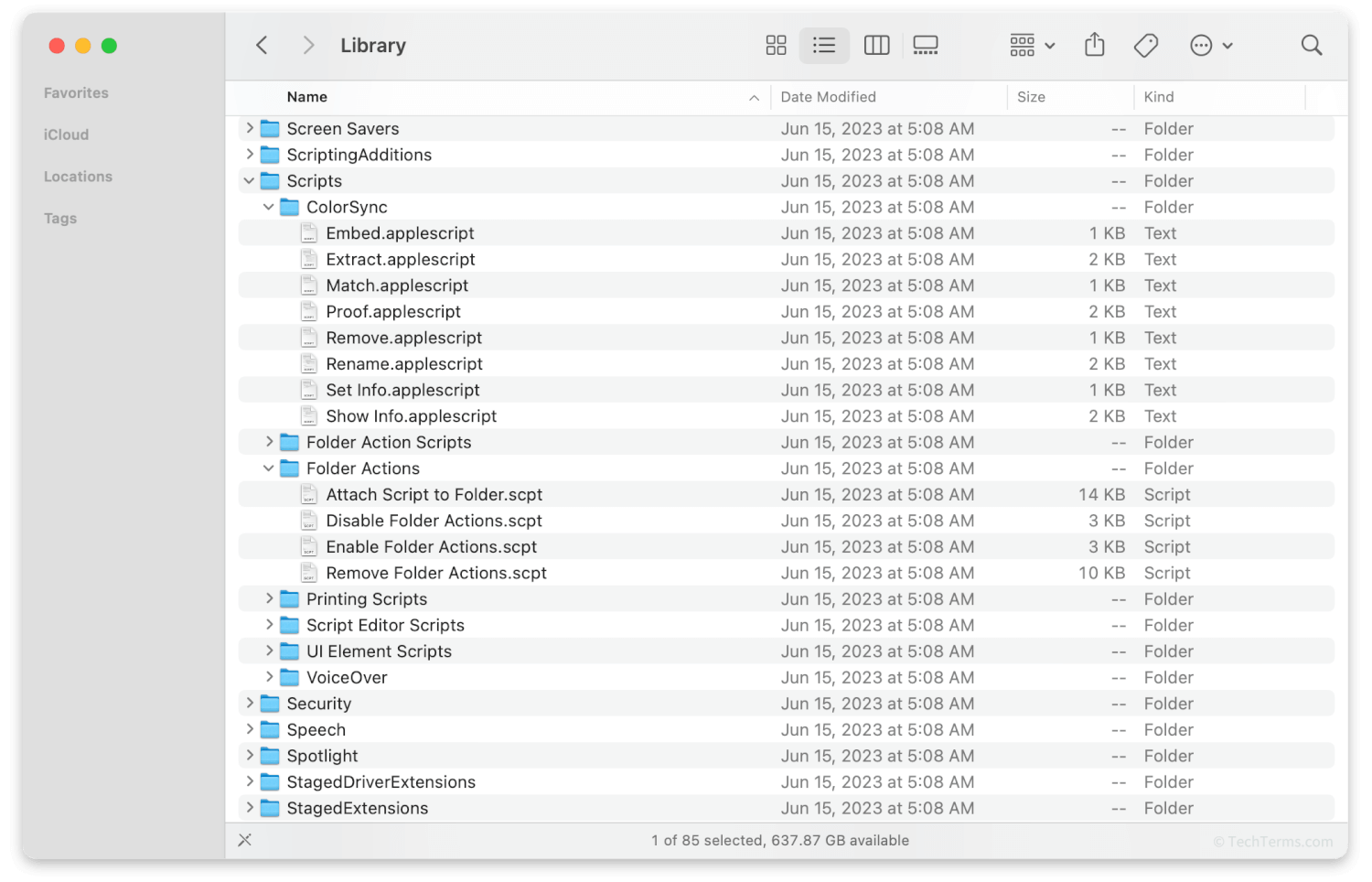Library
The word "library," in the context of computer software, has several meanings. It may refer to a collection of pre-written source code and other resources a program can reference. A library may also describe an organized database of files a program manages, like a music or photo library.
Code and Resource Libraries
Operating systems include library bundles that contain source code functions and other resources. Unix, Linux, and macOS use library folders to store scripts, fonts, and other system resources. Windows uses DLL files located in various system folders. Any program running on a computer has access to these libraries and can reference their contents during runtime instead of bundling the information in their executable files.
Code libraries are available to developers separately for inclusion in their programs. Developers may use these specialized libraries to add preexisting processes to their programs. For example, the OpenSSL C++ library contains functions for encryption, cryptography, and SSL security. A developer can include OpenSSL in a project and use the prewritten functions instead of writing them from scratch, saving significant time and effort.
Media and File Libraries
A library may also refer to a collection of files a program can organize and access. For example, an Apple Music library manages music files — organizing them into folders, and providing quick access to any file within the app. When you add new songs, Apple Music automatically adds the files (and the corresponding metadata) to the library.
Other types of media can be organized into libraries as well. Photo libraries may contain custom albums and can automatically sort photos by date, location, or even by person, using facial recognition. Smartphones automatically store photos taken in a library, and photo library apps like Apple Photos also allow you to import photos from other cameras. Video apps like Plex can create libraries of movies and TV shows, letting you easily browse your collection from the app's interface. Other media apps like podcast players and eBook readers provide similar libraries that allow you download and and import files.

 Test Your Knowledge
Test Your Knowledge